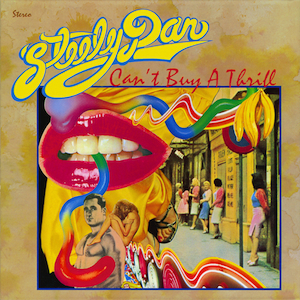
Growing up as a kid in the 2000s – 2010s, I, along with many of my peers, listened to classic rock on 96.9 KFIX. Over the airwaves, I heard many bands and songs that would grow to be some of my favorites, but there was a group more distinct than the rest that kept it grip on me into the present day.
With an expertly blended sound of rock and roll, jazz, pop, and a production that was painstakingly mastered, Steely Dan infected my mind with the perfectionist sounds of Walter Becker and Donald Fagen. Many just like me first got their taste for the Dan on FM radio, and were also hooked instantly.
Digging deeper into Dan would find many facing a discography unmatched in quality. From their first 10-year run from 1971 to 1981, and even into recent-ish years with two releases in 2000 and 2003 (the former beating Eminem and Radiohead for a Grammy that year), there is no wrong spot to start when delving into the soft rock masterclass that is Steely Dan. Although if you are like me, you would start at the beginning, and what a beginning it is.
Steely Dan’s 1972 release Can’t Buy a Thrill is not only one of the best debut albums ever, but one of the greatest albums of all time.
Production on the album first began in August of ’72 at the Village Recorder studio. Walter Becker and Donald Fagen would take up songwriting duties, with Becker also playing guitar and bass, and Fagen being lead singer and playing piano. The rest of the lineup includes Denny Diaz and Jeff “Skunk” Baxter (who would later go on to play for the Doobie Brothers) on guitar, Jim Hodder on drums, and David Palmer, who was brought in to sing live for the band due to Fagen’s stage fright.
November of 1972 would see the world blessed with the release of Can’t Buy a Thrill, an album just shy of 41 minutes of perfection. The cover shows an image of “street workers” lined up on a street in France, waiting for “clientele,” which goes with the title of the album. The songs are an eclectic blend of sounds woven tightly with lyrics seeped in satirical cynicism, making every song a story that you’ll want to learn more about, and by reading this, you will.
Do It Again
Opening track on the album and the first single they released, “Do It Again” is a song all about vices and where they lead you. Revenge, lust, and gambling are tackled through the three verses and the chorus says how “You go back, Jack, do it again.” Destructive cycles are the ruin of people, and this song warns against it. This song sets the stage beautifully for the rest of the album, prepping you for an exceptional bit of storytelling and musicianship.
Dirty Work
Smooth, seductive, scandalous! “Dirty Work” is the lament of a back door man who knows he’s wrong for doing a woman’s “dirty work,” but continues with the infidelity. Unlike most songs off the album, this song is not sung by Fagen, but by Palmer, who was brought in to sing live to help with Fagen’s stage fright. A favorite of mine and Tony Soprano, this song is a mellow drive through the mind of a scuz who sleeps with another man’s wife, and despite the despicable content, it is undoubtedly an excellent composition.
Kings
What do Robin Hood and the U.S. political scene in the late ‘60s have in common? A King Richard, and a King John, in reference to Richard “Tricky Dick” Nixon and John F. Kennedy respectively. This song has an underlying political tone, even though the album sleeve refutes this with the description being “No political significance.” Whether you take this message at face value or look for a deeper meaning about American political struggles, it’s a lovely romp through a story of two kings.
Midnite Cruiser
Down and out, “Midnite Cruiser” is about a man past his prime taking a ride with a possible friend from before. They travel streets that have yet to be seen and reminisce of days gone by. Once again, this song isn’t sung by Fagen, but by drummer Jim Hodder. The title of this song is fitly chosen because you’ll want to take a midnight cruise while listening to it.
Only a Fool Would Say That
“Only a Fool Would Say That.” A title like that makes me wonder who the fool is, and what exactly did they say? Luckily for us, we know just who Becker and Fagen were calling out for their foolishness, and it surprised me, just as it might you. This track about a hypocrite talking about a world where all is free is directed at former Beatle John Lennon, and his song he released a year prior, “Imagine.” Becker and Fagen aren’t the only ones who took issues with John and his possible hypocrisy, but then again, Steely Dan only took metaphorical shots at Mr. Lennon. Closing out the A side of the album in a neat little bow, “Only a Fool Would Say That” is a song that shows off Fagen’s expert writing when it comes to criticizing things he disagrees with.
Reelin’ in the Years
Opening up the B side of the album is a riff so iconic; it still has people reelin’ after all of these years. Having a dominance on classic rock radio waves back when I was a child, this song has stuck with many generations for ages. It’s a song that even Becker and Fagen will admit is infectiously simple and stupid, being a straightforward tale about a lover scorned. If you’ve ever heard any Steely Dan song, this is probably it.
Fire in the Hole
With a phrase harkening to the ongoing Vietnam war at the time, “Fire in the Hole” is about how Becker and Fagen handled the conflict, they skipped it! Both men dodged the draft, deciding that playing jazz and rock was a better endeavor for them, and they were right!
Brooklyn (Owes the Charmer Under Me)
“Brooklyn,” both a place and a person to the Dan. When living in Brooklyn, they had a downstairs neighbor who spent his days in a drunken stupor, wishing the world would dish him out life’s luxuries for free. Even though it’s about a personal experience from Fagen, he did not sing on this track, Palmer did. This would be Palmer’s second and last lead vocal appearance on any Steely Dan album, as he quietly left the band less than a year after this album’s release.
Change of the Guard
Change is hard. Everyone will experience change, and in the ‘60s, a lot changed for everyone in the world. By ’72, that change had come to stay, and “Change of the Guard” is about said change. It’s not a sad song, or a song of anger, or sarcasm, or apathy, but a song of hope for the change to come. For Steely Dan, a song with a clear message of hope is rare, and they handle it, like everything else, exceptionally well.
Turn That Heartbeat Over Again
Finishing off the album, “Turn That Heartbeat Over Again” is a correspondence to the Archangel Michael and Jesus Christ, from a man on his last legs, about to slip into an overdose. He vows to change his ways and make amends with everyone he has wronged, and be an upstanding member of society, just as long as the Son and one of his angels can get his heart beating again. Ramblers, wild gamblers, and the down and out of society are often subjects of Dan songs, and this one is no different. Musically, it’s a soothing track that eases you into the end of the album, dropping you off from your mind-blowing music trip.
In short, there’s no going wrong with Steely Dan. Their debut shows off all ideas the group would hone in on in the following years, whether it be more rock, jazz, Latin, mambo, soft rock, pop, or whatever it may be. If I haven’t convinced you, go ahead and give the album a listen and I’m sure you’ll be back, Jack, to do it again.




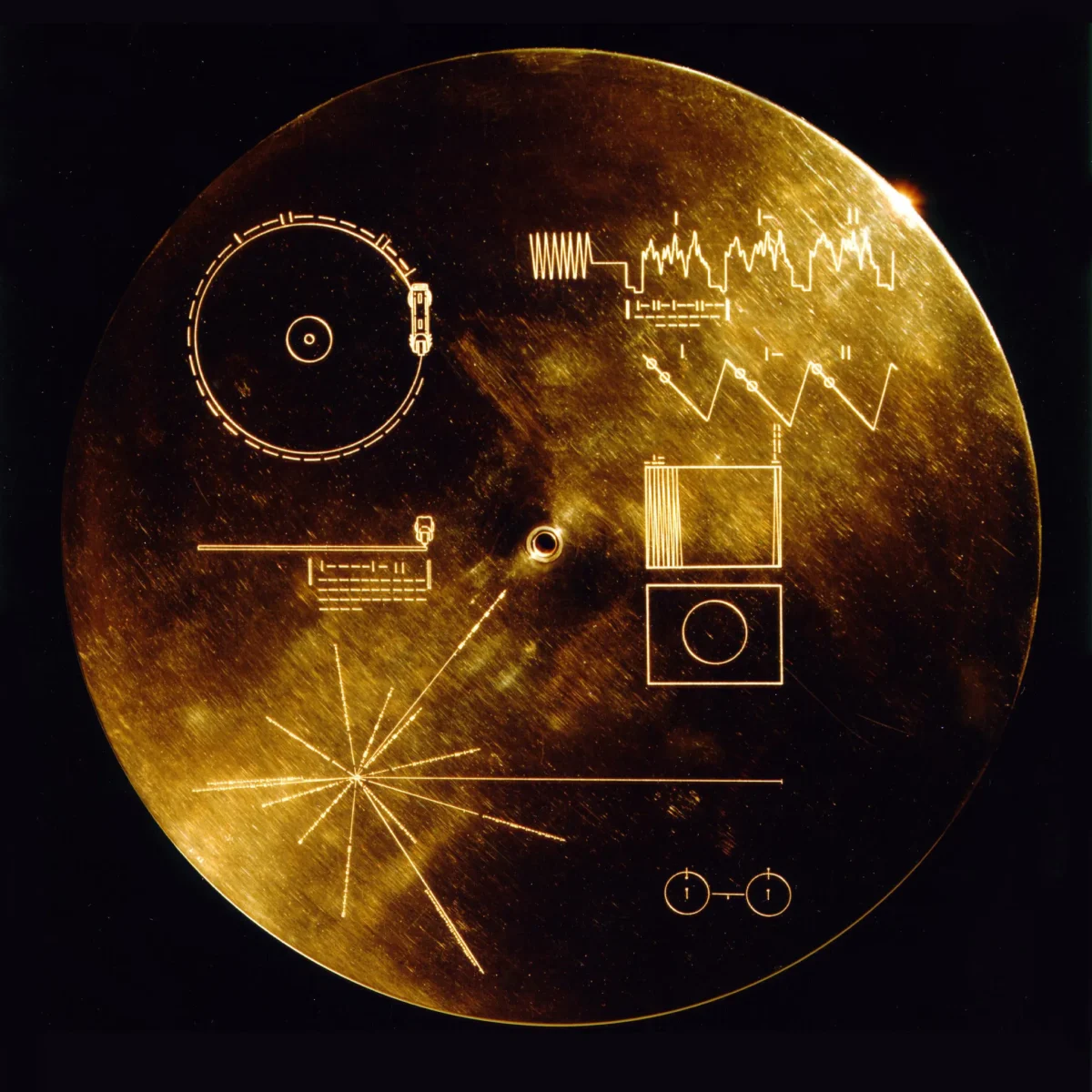


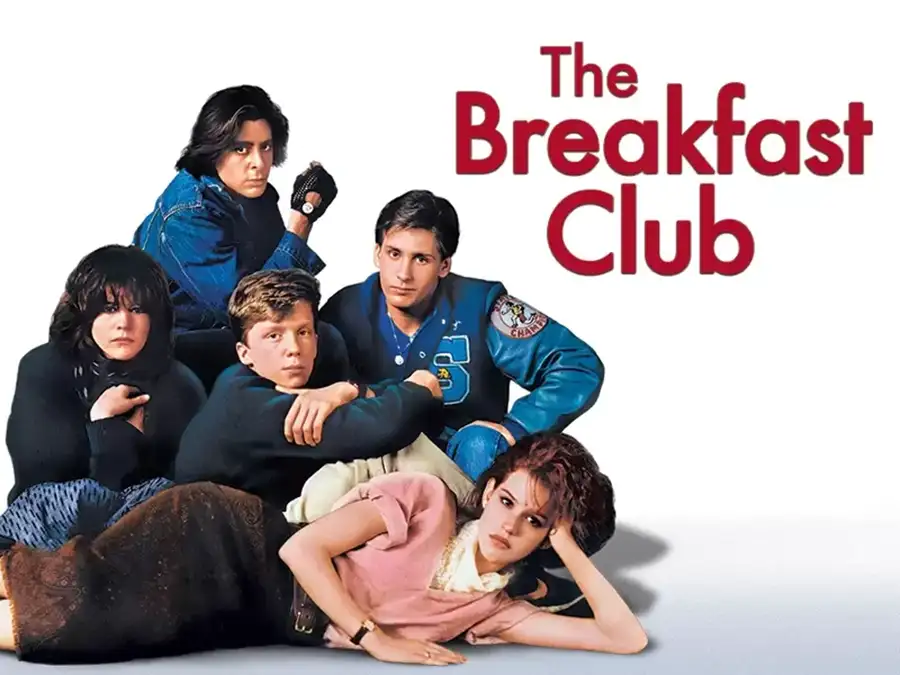
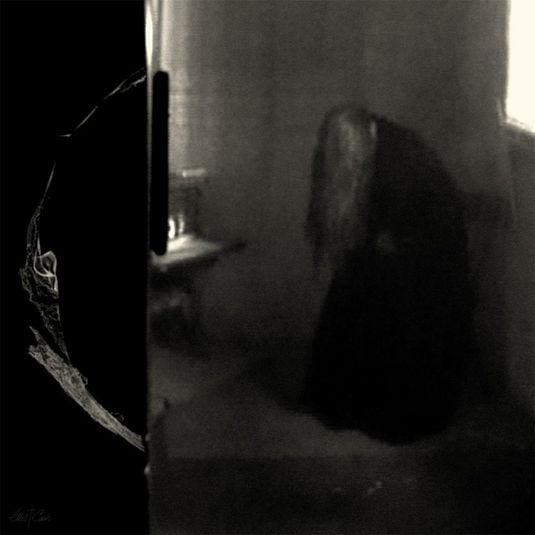

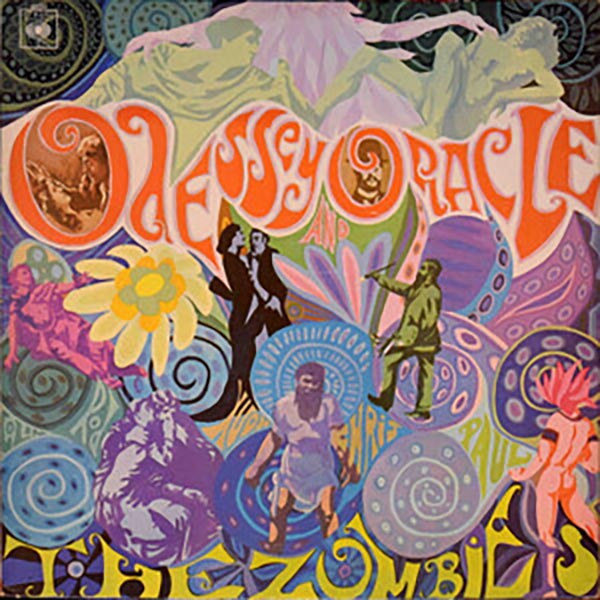

Cooper Smith • May 8, 2024 at 12:58 pm
This is the single greatest article I have ever read, Steely Dan forever